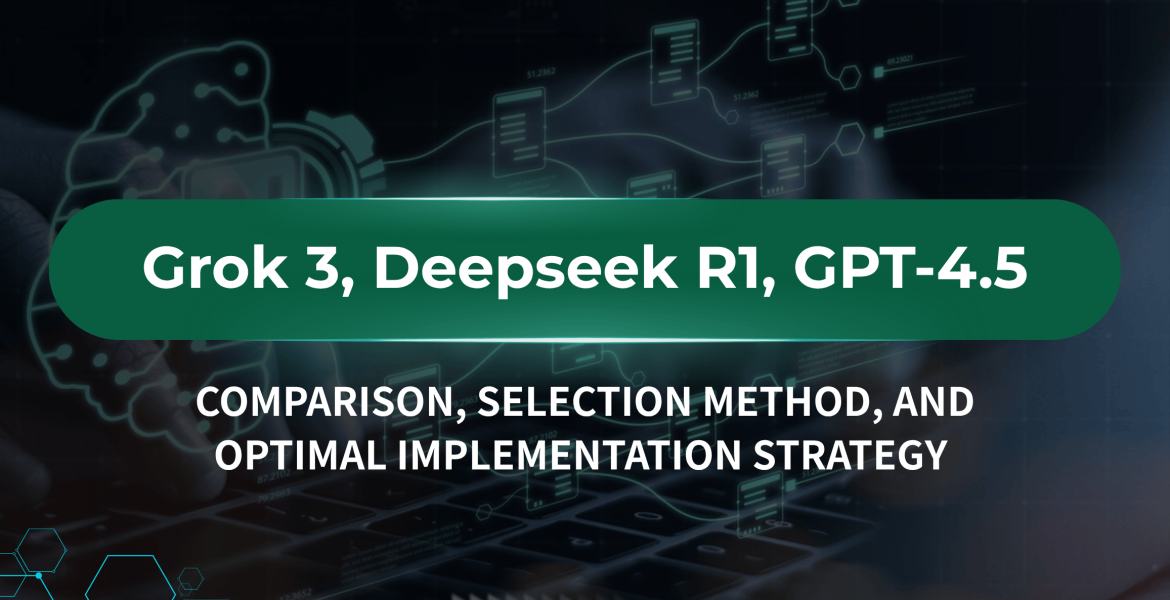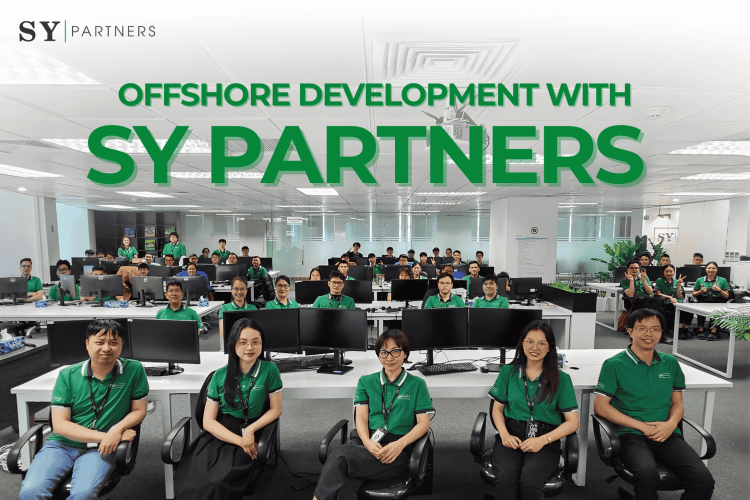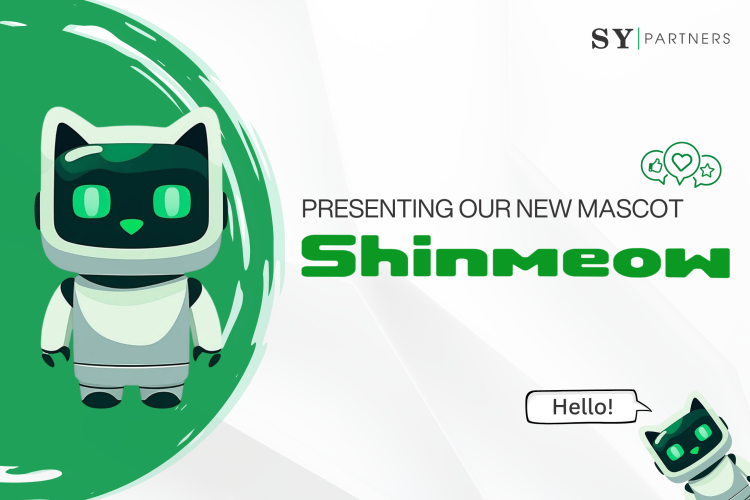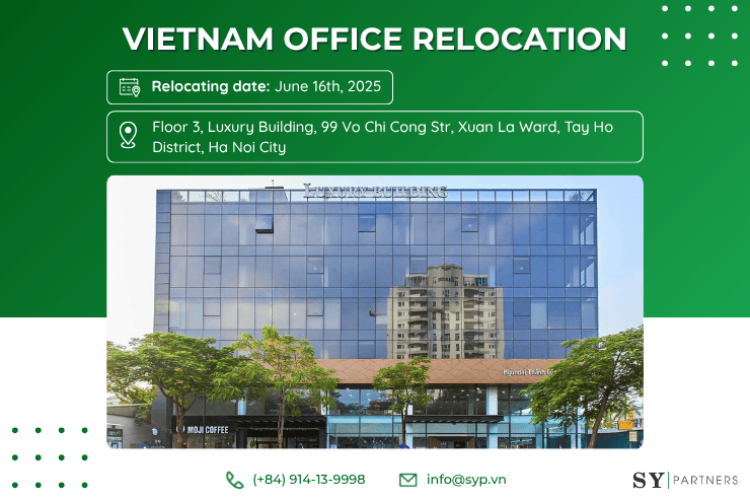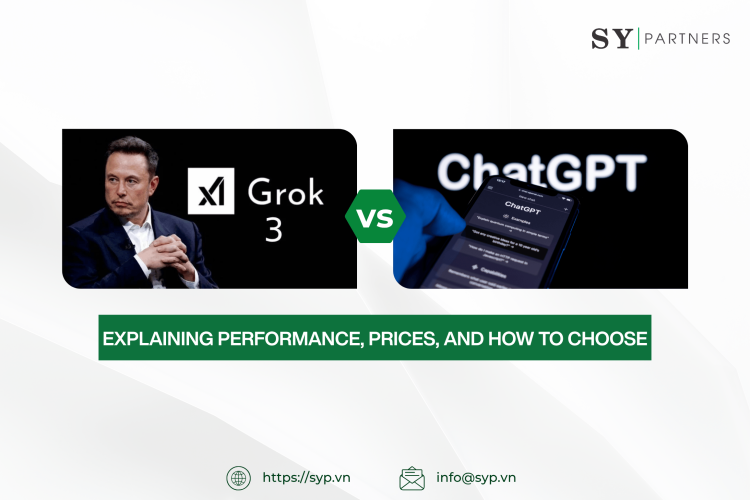Comparison and Strategic Selection of Grok 3, Deepseek R1, and GPT-4.5
The evolution of AI technology has reached a critical point for IT decision-makers in Japanese enterprises. According to the "DX Trends 2024" by Japan's Information-technology Promotion Agency (IPA), only 19.2% of Japanese companies report having implemented generative AI, a rate that remains virtually unchanged from 2022. In contrast, adoption in the U.S. stands at 40.4%, revealing a significant gap. Barriers include cost, implementation complexity, and legal compliance.
Key Highlights
- AI Model Comparison: Grok 3 excels in mathematics (AIME 2025: 93.3%) and programming (LiveCodeBench: 79.4%). Deepseek R1 is low-cost (API input: $0.14/million tokens). GPT-4.5 is known for its versatility (PersonQA: 78%).
- Grok 3 is ideal for innovation-focused industries; Deepseek R1 suits cost-sensitive SMEs despite regulatory risks (China-based); GPT-4.5 fits enterprises seeking reliability and immediate results.
- According to IPA's DX Trends 2024, Japan's adoption rate of generative AI is still low at 19.2%.
- AI selection should reflect not only performance but also strategic objectives and Japan-specific corporate culture prioritizing stability.
1. Feature Comparison of Grok 3, Deepseek R1, and GPT-4.5
1.1 Grok 3: High-Performance AI for Innovation
- Exceptional in mathematics and programming (AIME: 93.3%, LiveCodeBench: 79.4%)
- High cost (requires X Premium+, $40/month) but valuable for tech-driven companies
- Real-time information access via X platform
Grok 3, developed by xAI and launched in February 2025, is tailored for technical domains. While costly, it integrates with the X platform for real-time data, enhancing engineering simulations and market analysis. Currently in beta for API users, it is available through X Premium+ subscriptions.
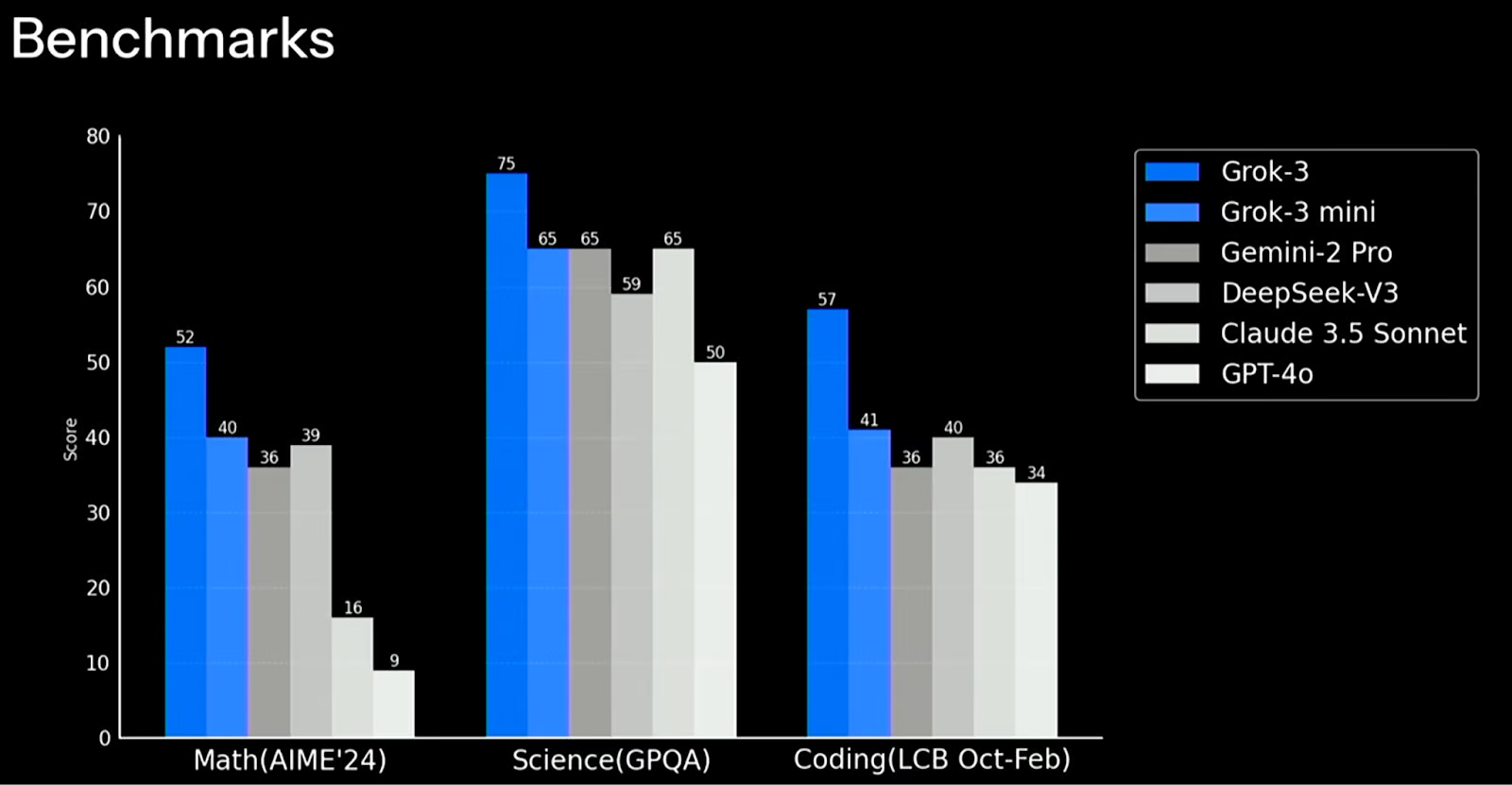
1.2 Deepseek R1: Cost Efficiency and Flexibility
- API: $0.14/million tokens input, $2.19/million tokens output
- Open-source and locally deployable
- Regulatory caution required due to Chinese origin
Launched in January 2025 by China's DeepSeek, this model shows high performance in math and coding. Its open-source nature and ultra-low cost make it ideal for SMEs, which account for 99.7% of Japanese businesses. However, use must consider Japan's Personal Information Protection Law (APPI).
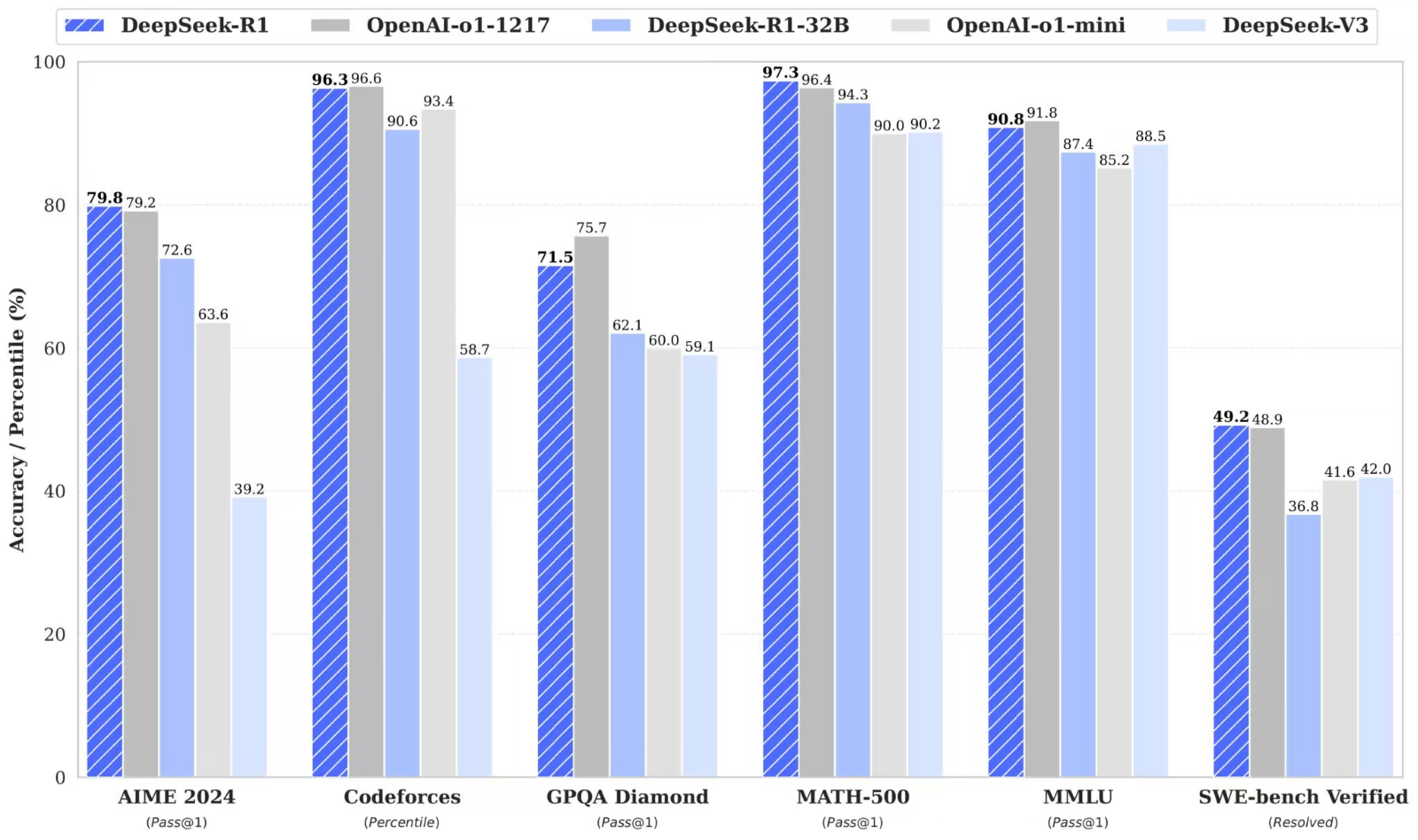
1.3 GPT-4.5: Versatility and Enterprise-Grade Reliability
- Natural conversation generation and broad general knowledge (PersonQA: 78%)
- High API cost: $75/million tokens input, $150 output
- Supported by OpenAI's enterprise infrastructure
GPT-4.5, released in February 2025 by OpenAI, is particularly strong in Japanese language generation, document summarization, and customer interaction. Despite its high pricing, it is a reliable option for enterprises needing robust NLP capabilities.
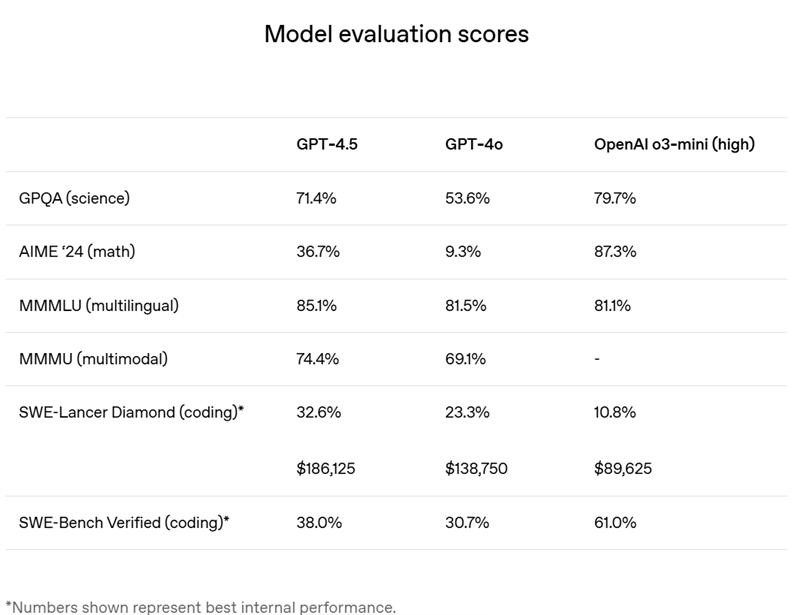
2. Ideal Use Cases by Industry
2.1 Grok 3: Best for High-Tech Innovation
- Industries: Manufacturing (R&D), Finance (Risk Analysis), IT Infrastructure
- Use Cases: Simulation, precision modeling, code generation
Examples include:
- Manufacturing R&D: For new material property simulations
- Finance: Real-time market risk analysis via X integration
- IT Infrastructure: Code generation for cybersecurity and system optimization
2.2 Deepseek R1: Ideal for Cost-Sensitive Sectors
- Industries: Outsourced IT development, Logistics (Optimization), Retail (Inventory Management)
- Use Cases: Code automation, delivery route optimization, demand forecasting
SMEs with tight budgets can reduce software development costs and optimize operations using R1's local deployment and open customization.
2.3 GPT-4.5: Perfect for Enterprises Demanding Scalability and Trust
- Industries: Marketing (Content Creation), Finance (Customer Service), Healthcare (Diagnostics)
- Use Cases: Campaign generation, chatbot support, medical data analysis
Examples:
- Marketing: Quickly generate ad copy or campaign drafts
- Finance: Automate customer support via intelligent chat
- Healthcare: Assist in diagnosis with large-scale data interpretation
3. How to Choose the Right Model
3.1 Cost Comparison
- Grok 3: $40/month (X Premium+)
- Deepseek R1: $0.14 input, $2.19 output per million tokens
- GPT-4.5: $75 input, $150 output per million tokens
Deepseek R1 is most cost-effective, particularly for SMEs. GPT-4.5 requires high investment but offers enterprise-grade capabilities. Grok 3 sits in the middle, favoring innovation-focused firms.
3.2 Implementation Barriers
- Deepseek R1: Requires in-house technical capability
- GPT-4.5: Fully integrated APIs for fast deployment
- Grok 3: Requires setup with X but supported by xAI services
3.3 Legal and Regulatory Compliance
- Grok 3 and GPT-4.5: U.S.-based, compliant with APPI
- Deepseek R1: China-based, requires legal scrutiny on data transfer
3.4 Long-Term Strategic Fit
- Japanese enterprises value stability and continuous improvement.
- GPT-4.5 supports long-term operational consistency.
- Deepseek R1 enables short-term cost optimization.
- Grok 3 facilitates forward-looking innovation.
As AI costs are expected to decline, strategic investment in AI—especially via external expert services—will likely deliver higher ROI than building in-house.
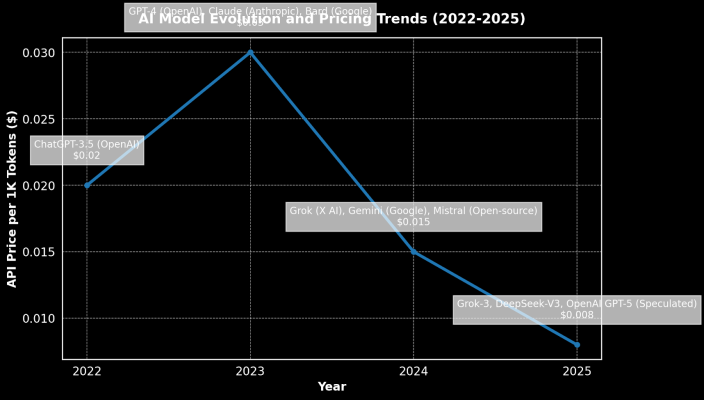
Source: Shakil Khan
Conclusion
This article analyzed the unique strengths of Grok 3, Deepseek R1, and GPT-4.5 through a Japanese business lens. Considering cost, legal compliance, implementation feasibility, and long-term competitiveness, companies should align their AI investments with their industry goals and cultural priorities.
Choosing the right AI model is not just a technical decision but a strategic one that influences future growth and stability.


 EN
EN JP
JP KR
KR